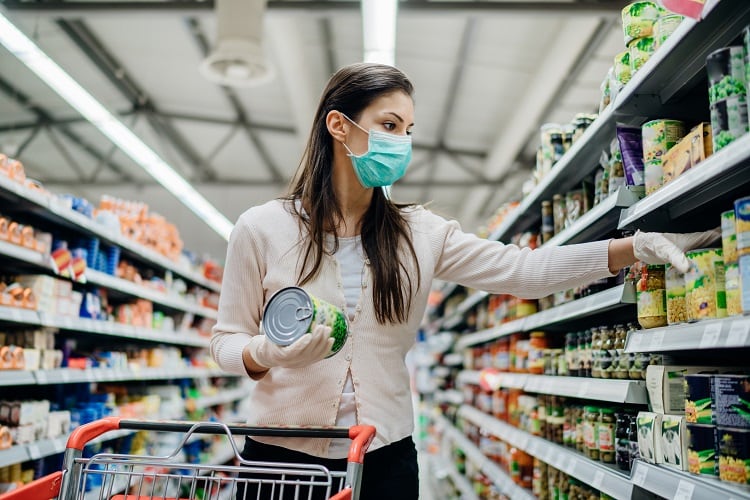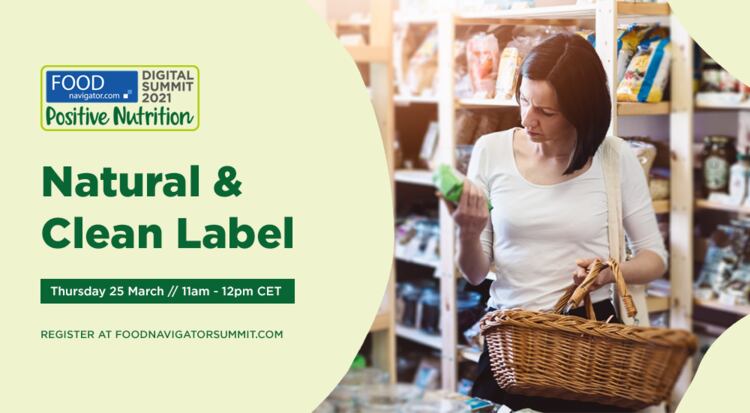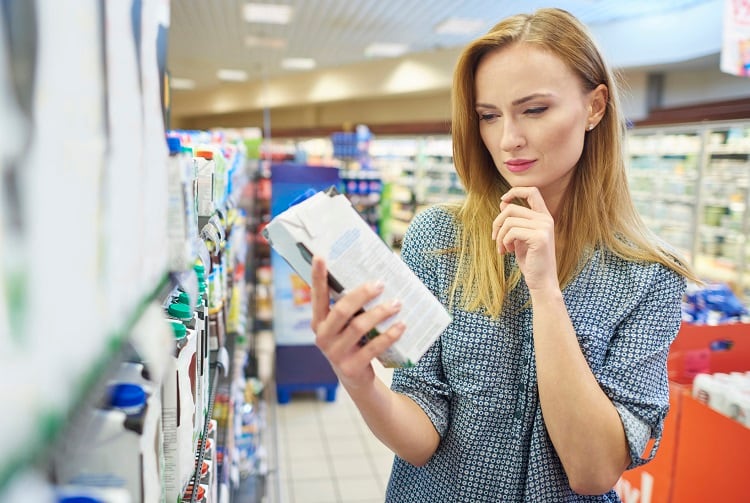Understandings of community, as well as social and environmental justice movements, have been strengthened by the coronavirus pandemic.
At the same time, COVID-19 has increased levels of food insecurity and thrown a spotlight on inequalities across food systems.
What does this mean for food makers wanting to stay abreast of the evolving clean label movement? According to Rick Miller, Associate Director, Specialised Nutrition at Mintel, there is opportunity for food and beverage brands to react to these societal changes and ‘deliver a clean conscience’ into the post-COVID world.
Aligning with social movements
“We’ve been through a global catastrophe on many levels and it has really brought to the forefront injustices in…food security, social security, job security, and economic security – it has exposed all of these inequalities in the system,” Miller told delegates at the FoodNavigator 2021 Digital Summit: Positive Nutrition.
“Brands can help to create a cleaner image by empowering community-led solutions and moving nutrition equity from theory to practice.”
One way that a brand can do this is by facilitating localised solutions and providing affordable and accessible nutritious foods. “We’ve seen brands start to align themselves with social justice movements, like Black Lives Matter for instance, which is obviously a very high-profile movement at the moment,” said Miller.

Examples include Fair Trade chocolate company Alter Eco, which donated 20% of sales during the first week of June 2020 to the NAACP Legal Defence Fund in the US, and Beyond Better Foods, which donated 50% of its profits from June 2020 from its websites eatenlightened.com and badabeansnacks.com to the same fund.
“We’ve seen brands start to align themselves with food banks or helping to support part of the COVID-19 recovery in various regions of the world,” the Mintel analyst continued. “All this can help to support a cleaner image for a brand.”
Linking sustainability with health
Sustainable ingredients and healthier products needn’t be ‘completely parallel’ topics, according to Miller. And indeed, many don’t believe they are.
According to Mintel research, 70% of US consumers aged 25-34 believe sustainably sourced foods are generally healthier than other foods.
A brand’s focus on sustainability can be more than something ‘stuck on its website at the back’ that aims to show how it is ‘giving back to the world’. “They really can go hand-in-hand,” the analyst stressed.
Some companies are ahead of the game here. French online organic grocery La Fourche, for example, is telling its sustainability story via a new front-of-pack label that mimics Nutri-Score’s format. Eco-Score illustrates the environmental impact of a product with a colour-coded ‘A’ to ‘E’ scheme.
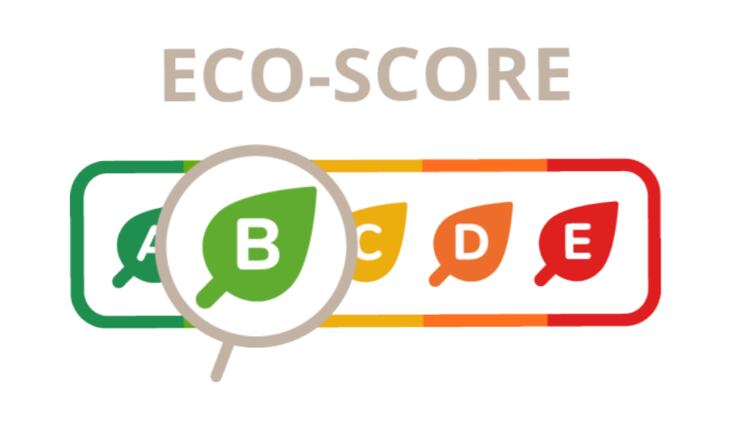
Another example of a business presenting strong links with sustainability is Unilever. The food giant recently announced its Future Foods initiative, which aims to help consumers attain healthier diets and reduce the environmental impact of the global food chain. Goals include reducing food waste, doubling the number of its products that deliver ‘positive nutrition’, and lowering calories, salt and sugar across its products by 2025.
Woolworths is another. The retail chain’s Woolworths Sustainability Plan 2025 outlines its future strategy, which include healthier, sustainability sourced, and responsibly packaged products. The company says it wants to make it easier for consumers to find healthier products, and ultimately, to make ‘the sustainable choice the easy choice’.
Picking the low hanging fruit of plastic packaging
Miller said he is occasionally asked by brands whether the focus should be on packaging or ingredients in terms of sustainability. “You have to look at both,” he told delegates. “Consumers are interested in both the sustainability profile of the packaging and where a product’s ingredients come from.”
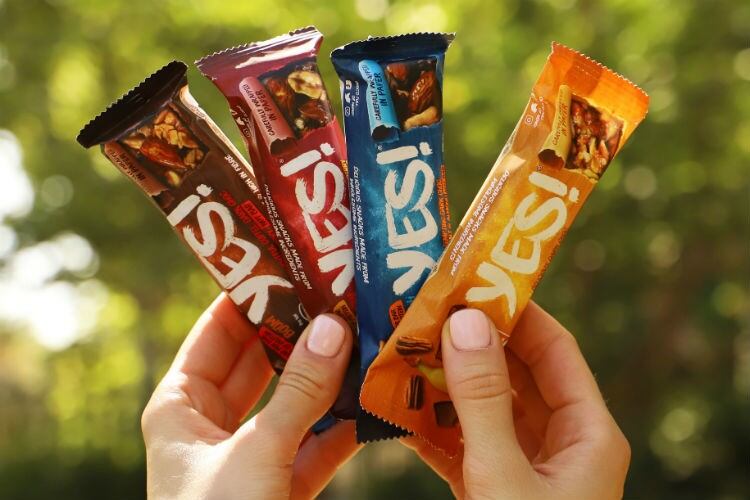
By tackling the issue of plastic packaging, Miller believes brands can build a ‘cleaner and greener’ image. In fact, the analyst believes addressing plastic packaging is ‘low hanging fruit’.
“Single-use plastics have received significant negative press because of the environmental damage they can cause. [Therefore this] could be a focus for brands with a clean conscience’.
Nestlé is one company to have got behind the plastic-free trend with its YES! bars – sold in a recyclable paper wrapper. The innovation is a further step in the Swiss food giant’s pledge to make all its packaging either recyclable or reusable by 2025.
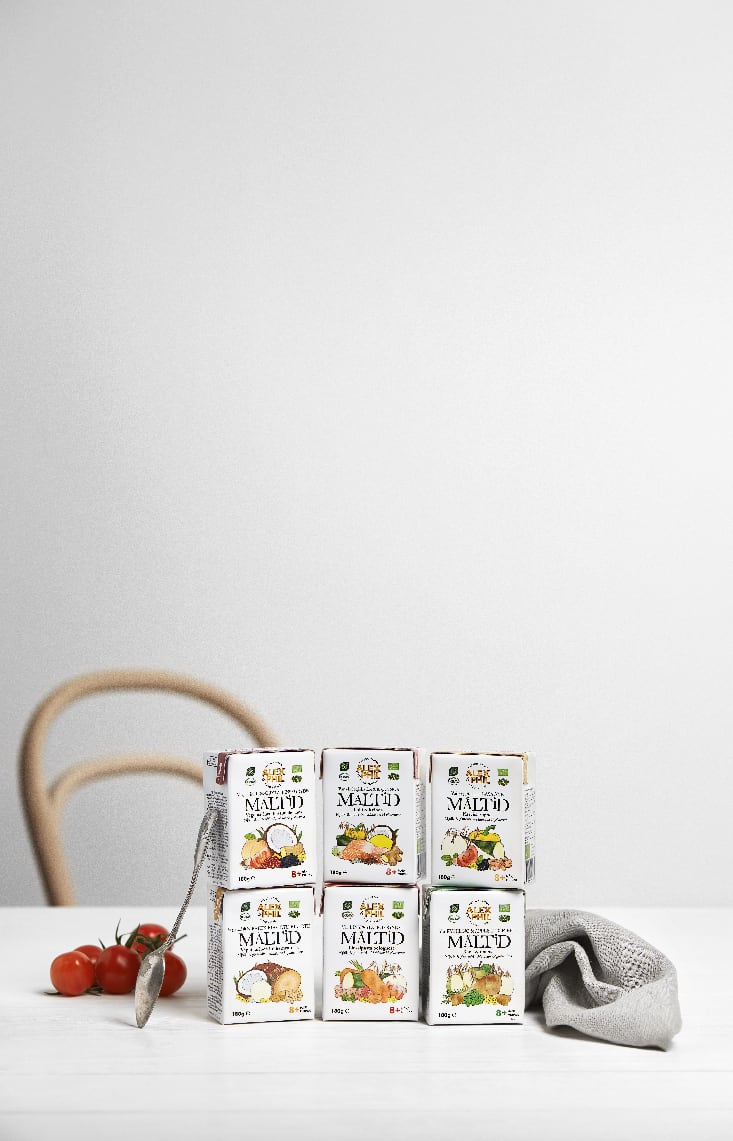
Another notable UK example includes Roberts Bakery, which introduced 53% reduced plastic packaging and markets the slogan: ‘Rise Up against Plastic’. The brand has introduced its paper bag, coated with a thin layer of polypropylene, into 300 Tesco stores across the country.
Carbon neutrality and ethics
Carbon neutrality is a growing claim, particularly within the baby food category. For Mintel’s Miller, one brand in particular comes to mind: Alex&Phil.
The organic baby food brand from Sweden recently swapped out its pouches for Tetra Pak cartons in order to make the ‘carbon neutral’ claim, explained the market analyst. “By doing that, they are able to talk about how they are compensating for any sort of climate damaging processes and compensate for those,” he explained. The company now claims it has an 80% lower CO₂ footprint than regular glass jars with lids.
“And they’ve gone a little further by [highlighting] the brand’s support of the children’s charity SOS Children’s Villages Sweden.”
Elsewhere, clean label products are taking an ethical stand, particularly where ingredients are concerned, Miller continued.
In Australia, for example, snacks brand Ceres Organics’ Chickpea Crisps are grown, harvested and baked without the use of any artificial input. The manufacturer says its ingredients protect soil health and Australia’s ecosystem, and the brand supports growers’ welfare.
Again in Australia, Campbell’s Free Range Chicken Bone Broth is made from locally sourced Australian ingredients and sold in a recyclable pack. Another example, Mayver’s Protein Peanut Butter with Five Super Seeds is ‘clean’, in that it is made with no artificial ingredients. The brand markets its ingredients list, by displaying it on both the front and back of its glass jar.
“Consumers are increasingly interested in the ethical and environmental impact of the food and drink they buy, and COVID-19 has only strengthened this,” reiterated the analyst. “Companies can use ingredients that deliver the message that a brand has a ‘clean conscience’.”
Missed any of the FoodNavigator Digital Summit 2021: Positive Nutrition? Don't worry, you can still access all of our sessions and handouts, which will be available on-demand for the next 90 days. Click here to REGISTER FOR FREE.


